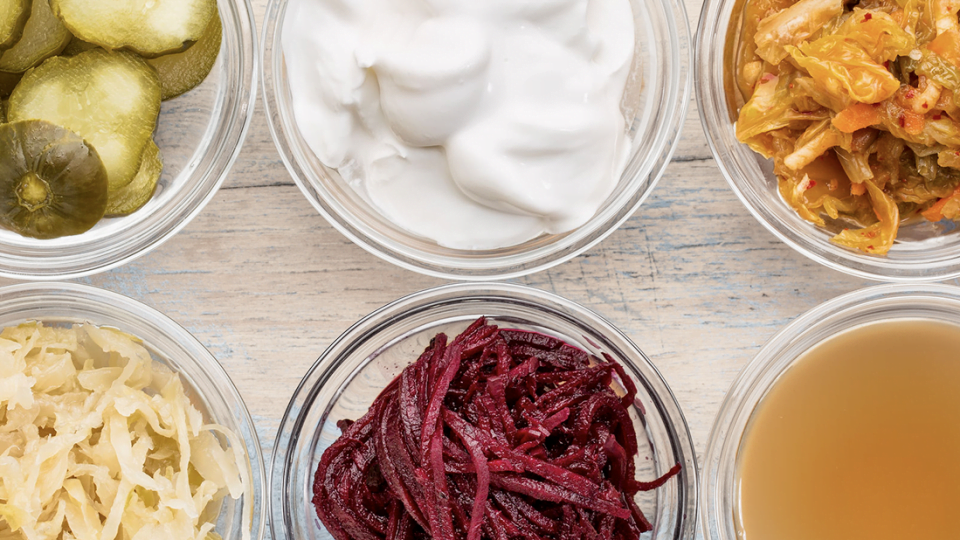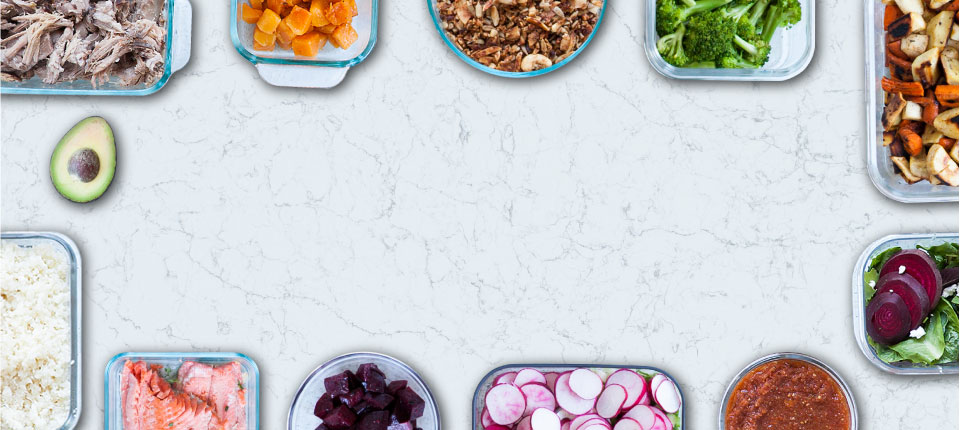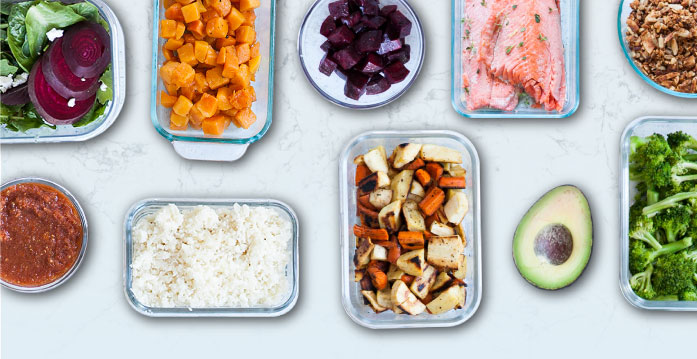Symptoms of leaky gut can be interchangeable with a long list of tummy troubles. But even science is beginning to recognize that leaky gut is a real thing with real consequences. The good news is that what you eat can go far in improving said tummy troubles.
While each person needs to fine-tune their diet to fit their own unique needs – maybe eggs are out or cow dairy is always a problem – there are some basic foods that will speed along healing and make you feel better.
What’s leaky gut – really?
A healthy small intestine allows nutrients to “leak” through its walls while squishing up food and absorbing nutrients.
When the gut is leaky those openings get larger, allowing more things to “leak” into your bloodstream. These extra-large openings aren’t a sign of health – they’re more like a sign of inflammation.
Your body sees rogue molecules as enemies it must destroy and alerts your immune system. The response isn’t pretty. Besides tummy troubles, you may also have signs of food and environmental allergies, eczema, digestive problems, chronic fatigue, or even mental disorders.
Four real food solutions for symptoms of leaky gut
#1 – Bone broth
Think of bone broth as water sealant for your deck – with the deck being your intestine walls. Bone broth is best made with roasted bones, fat, skin, and even the feet of pastured animals. From these bones and bits of connective tissue, you’re able to extract gut-healing nutrients like glycine, gelatin, and proline – all of which play an important role in eliminating symptoms of leaky gut.
#2 – Cultured foods
Cultured or fermented foods are full of beneficial microbes that your gut desperately needs. Unpasteurized, cultured vegetables and raw dairy such as yogurt and kefir spread good bacteria throughout the gut – doing good things to reduce inflammation get rid of leakiness.
If your tummy is extra sensitive, start with just spoonfuls of the juice from cultured vegetables and work your way up to eating the actual vegetable. And if you find that you have an issue with lactose – the milk sugar in unfermented dairy – make sure you consume truly raw dairy that has been fermented for at least 24 hours. If raw, fermented dairy is still an issue – you might want to explore cultured dairy substitutes like coconut yogurt and coconut water kefir.
#3 – Wild caught seafood high in omega-3s
Wild caught seafood does marvelous things for the body and one reason is the abundance of long-chain omega-3s. These special fats – like DHA and EPA – reduce inflammation. Since a leaky gut is an inflamed gut, it makes sense that only good can come from a diet that’s filled with wild caught seafood.
When you can, incorporate cold-water fatty fish like salmon, herring, and sardines into your meals. If seafood sounds intimidating (it does for a lot of folks), start with this Mustard Crusted Salmon (DF & GF) or Salmon and Asparagus Casserole .
If you can, don’t stop there. Make a conscious effort to avoid vegetable oils and grain-fed livestock – since these can be high in pro-inflammatory fats, many of which are either rancid or fall into the omega-6 family.
#4 – Well-cooked veggies
While it’s lovely to have a leaky gut is sometimes unable to stomach these foods unless they’re well cooked. This is because these plant foods are rife with fiber.
Fiber is good because it feeds gut microbes – which go on to produce anti-inflammatory SCFAs (short-chain fatty acids) that heal the gut wall.
But…fiber can also be bad because it feeds gut microbes. You see, besides a rise in anti-inflammatory SCFAs, you may see an increase in gas – which can mean quick (or slow) bowel movements, cramping, and abdominal pain. Folks who’ve been diagnosed with SIBO (small intestine bacterial overgrowth) or IBS (irritable bowel syndrome) often have a hard time digesting plants.
This isn’t an excuse to avoid broccoli forever!
Once you heal leaky gut, plant foods can be back on the menu. In the meantime, focus on cooked carrots, squash, tubers, and root vegetables like turnips, beets, and rutabagas. Well-cooked veggies in a bowl of bone broth is a simple solution and a delicious meal.
Avoid these common lifestyle toxins
Stress, sugar, and sleep deficit – sound familiar? As it turns out, not all toxins come from the food you eat. While it’s important to avoid pesticides and frankenfoods that are filled with synthetic ingredients, lifestyle toxins can also thwart good gut health.
In short – find ways to manage stress (that don’t involve sugar) and get enough sleep at night.


